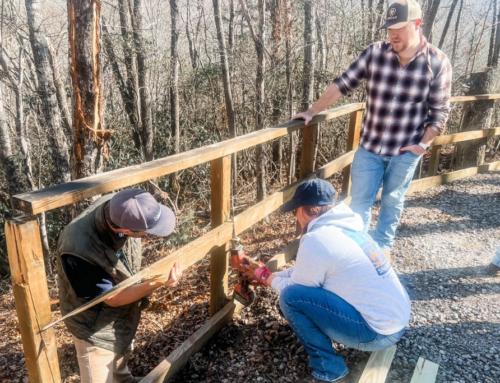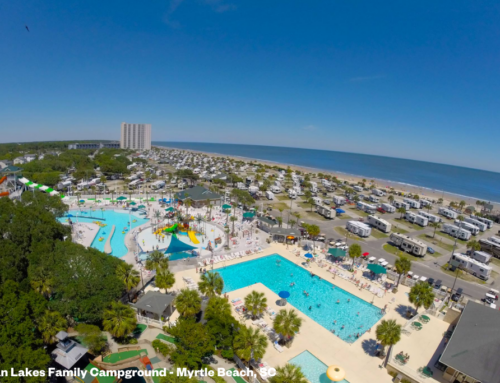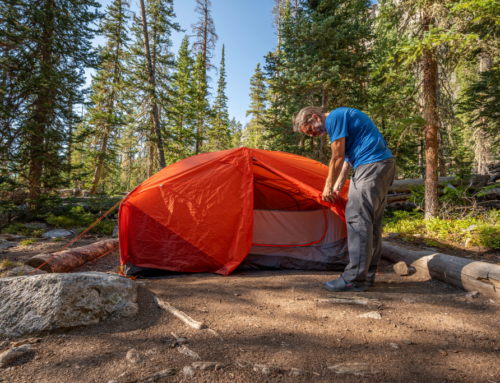GoCampingAmerica.com | Posted October
1st, 2019
5 Mistakes to Avoid When Winterizing
Your RV
Happy Camper Blog
If you’re
getting ready to store your RV for the winter and you live in a cold climate,
there are certain things you need to do to winterize your rig to avoid
problems down the road. And since the last thing you want to do is winterize
your RV the wrong way, we asked an expert, Tim Hulett, for his advice on common
mistakes to avoid. He and his wife Tracy own Sourdough Campground in Tok,
Alaska and Mohave RV & Marine in Fort Mohave,
Ariz., so they know a lot about RVs.
Here are five common mistakes to avoid:
Mistake #1 – Pouring antifreeze into the fresh water
tank
Instead, Hulett recommends going to your RV dealer and purchasing
a three-way valve so you can bypass the freshwater tank completely to
eliminate the risk of getting antifreeze in your water
system.
Mistake #2 – Failing to completely drain the hot
water heater tank
According to Hulett, simply pulling the drain plug isn’t enough
get the job done. You also need to open the pressure pop-off valve.
Otherwise, the tank won’t drain completely and the remaining water will
freeze, which can cause damage. As with your fresh water tank, you can also
purchase a bypass kit from your RV dealer to make sure you don’t get
antifreeze in your hot water heater tank.
Mistake #3 – Forgetting to winterize the
sinks
Many RV owners forget to pour antifreeze down their kitchen and
bathroom sinks, which means any water remaining in the p-traps (the curved
section of piping underneath the sinks) can freeze and cause
problems.
Mistake #4 – Using too much
antifreeze
Naturally, you want to use enough to get the job done, but Hulett
says that a common mistake RV owners make is to use too much antifreeze. He
says that two gallons should be enough, regardless of the size of your
rig.
Mistake #5 – Failing to treat the grey and black
water tanks
If you’re getting ready to store your RV for the winter and the
freezing temperatures in your area haven’t hit yet, Hulett advises filling
your grey (sink and shower) and black (toilet) water tanks with fresh water,
adding your usual chemicals, and letting them sit for a week or more before
draining them. This will help rid the tanks of any leftover matter so you can
avoid encountering strong odors when you open up again in the
spring.
Once winter is over, Hulett recommends that you have the back of
your refrigerator serviced (dust accumulation can impair its efficiency) and
also have your air conditioning system, furnace and hot water heater checked
out. Also, be sure to check your tires. Even if they were in good condition
when you put your RV into storage, having them sit idle for a number of
months can be hard on them.
By following these simple tips, you’ll be better prepared for your
spring and summer road trips. To make your planning easier, go to GoCampingAmerica.com
where you’ll find plenty of great RV parks and campgrounds to
explore.




